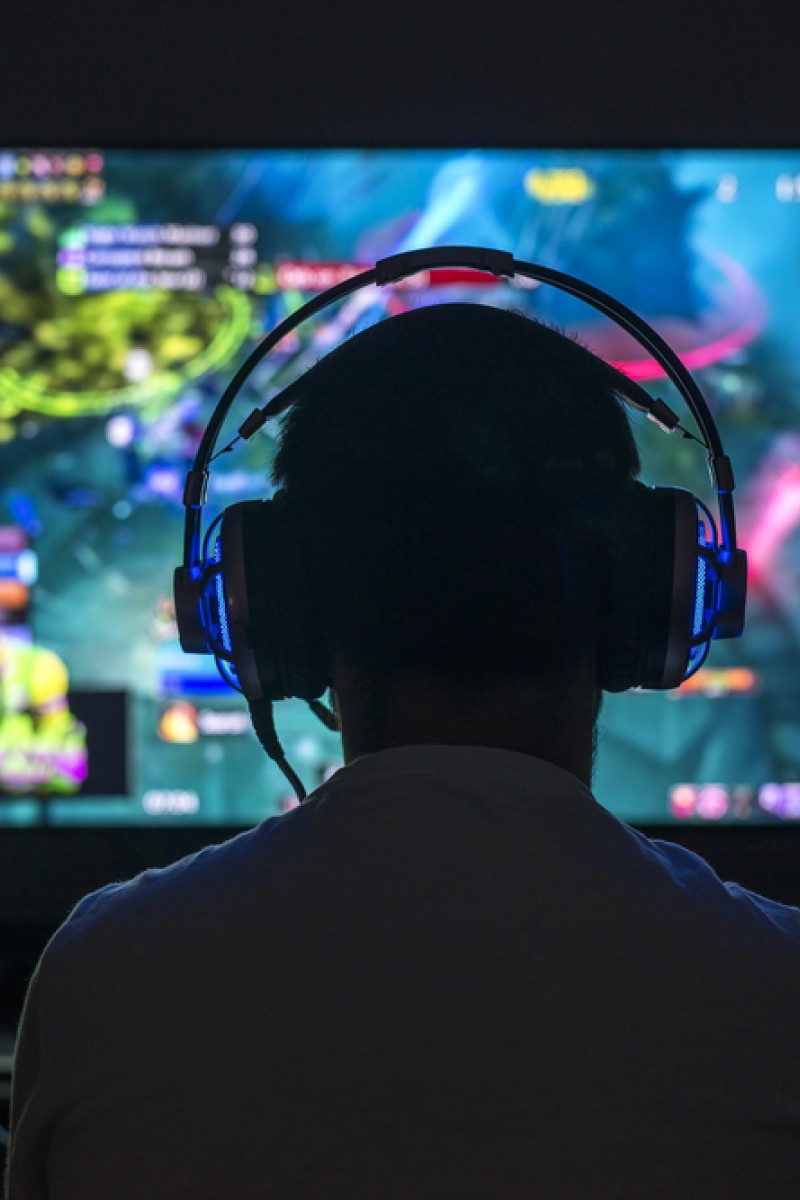
Teenagers' gaming needs to be controlled for the sake of our physical and mental health

Most teenagers enjoy playing video games but too much of it is bad for them.
One of the problems is that gaming is addictive, and this “addiction” can spread from one player to their friends and schoolmates.
What’s more, excessive gaming can lead to poor grades. One of my primary schoolmates – a straight-A student – started playing video games simply because his friends were doing it. Soon, he was spending most of his free time on it and his academic ranking dropped. He was no longer a model student. This shows what gaming can do to us.
Schools in Australia are sending letters to parents to warn them about Fortnite
It can also have an impact on your health. You risk putting on weight when you play games instead of having physical exercise. Some teenagers skip meals and go to bed very late so they can indulge in their favourite pastime. Being glued to the screen can also harm their eyesight in the long run.
Last but not least, it may destroy relationships. Hong Kong is known for its fast-paced lifestyle. Many parents spend long hours at work to provide a comfortable life for their families. So it is important that you spend some quality time with your parents. There’s no point wasting your time playing video games. It’s simply not worth it.
I am not saying that teenagers should give up gaming. It can cause a lot of unnecessary problems, so they should strike the right balance. Maybe they could play video games during their free time on weekends. Or even on a weekday when they have nothing to do.
I hope more students will be wise enough to make the right choice.
Minny So Yin-tung, Carmel Secondary School
Red Dead Redemption 2: Calls to ban violence against women in games are too simplistic
From the Editor
Thanks for your email, Minny. I think many students don’t understand that playing video games is kind of like taking drugs or gambling. People do get addicted to games although the consequences may not be as serious when compared to the other two addictions. Game developers use many tricks to get players to come back for more. That helps them to make more money and pay their staff.
Recently activists have been asking for laws to protect children from predatory programming. But it is hard to see how that would work. It is hard to measure the bad effects that games can have on young minds. But some people are doing just that, so that’s a good start.
Others are also trying to understand how students can learn from video games, and how they might be included in education. That might be fun.
Susan, Editor
